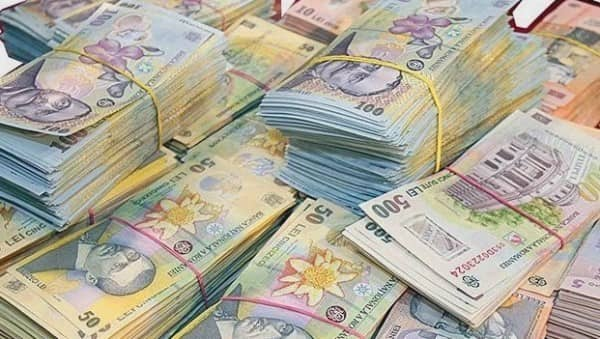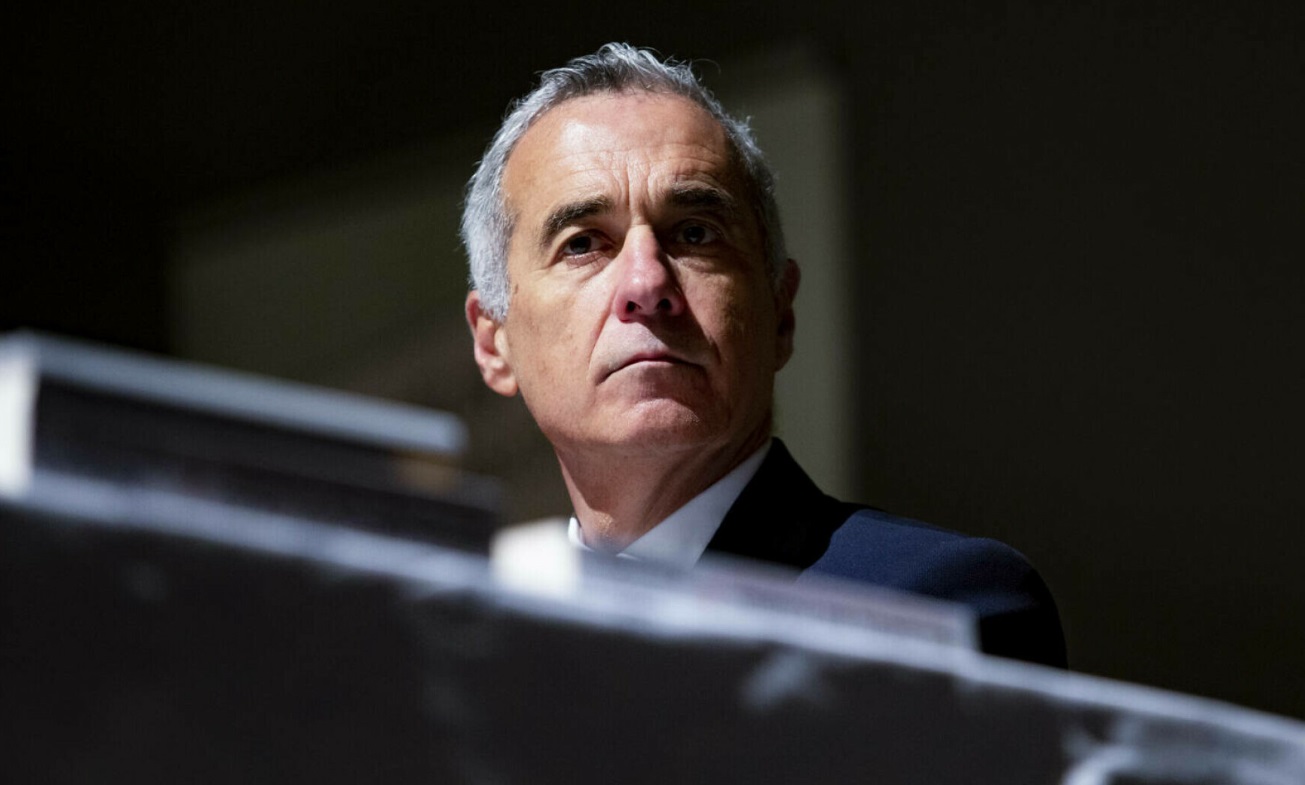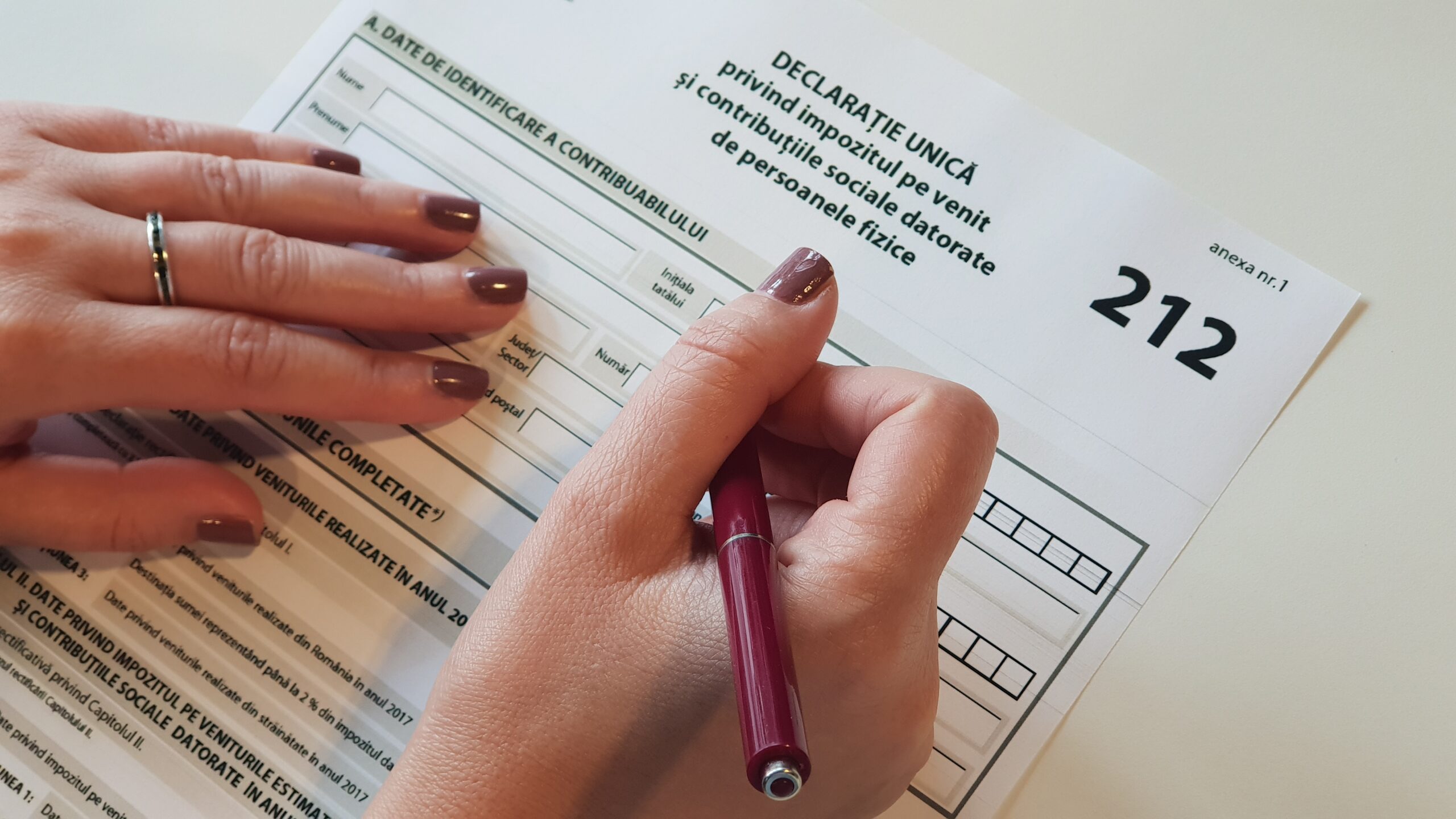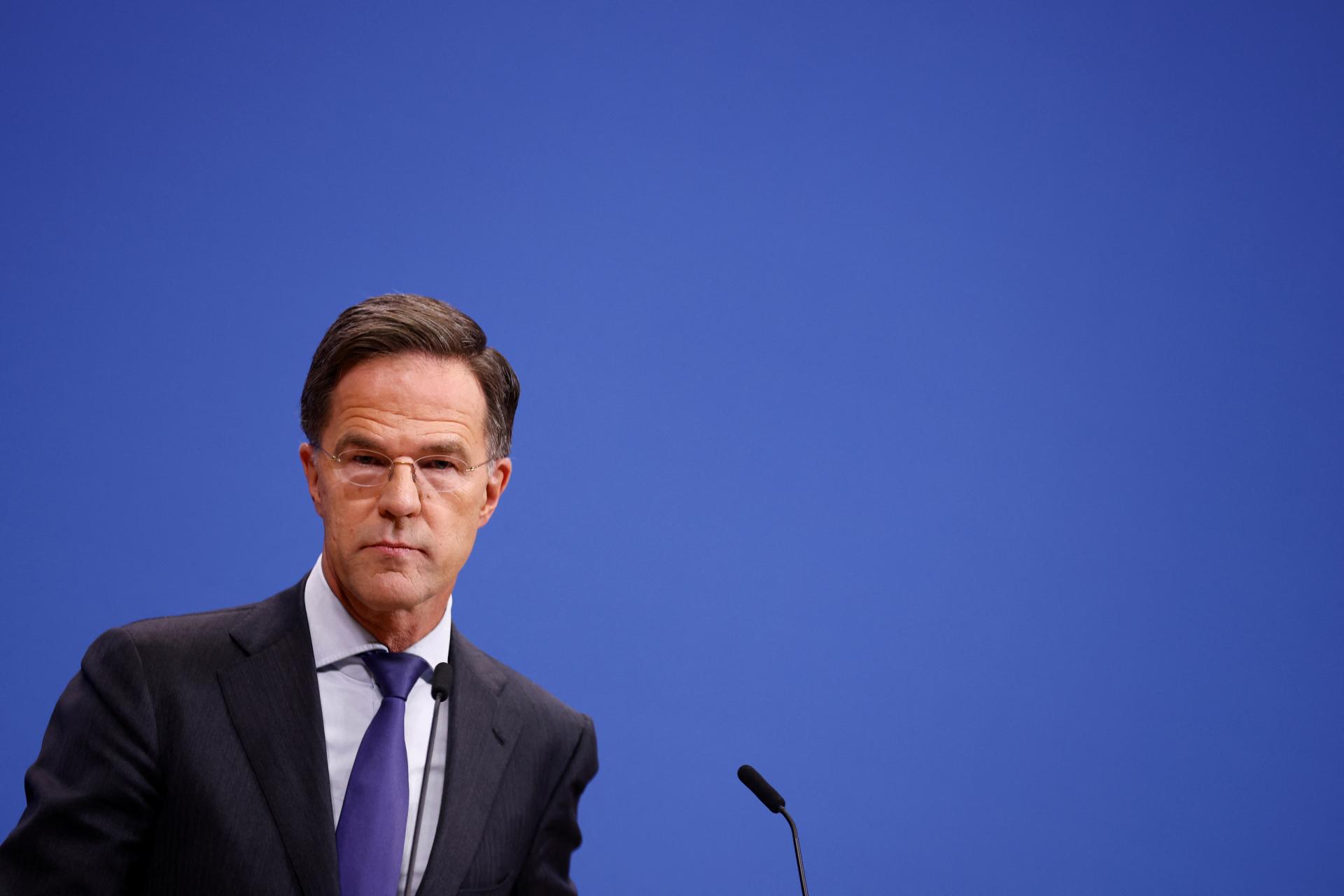After blocking activities in the justice system for one week, protesting against their inferior position on the single salary law salary grid, compared to others state employees, magistrates were able to obtain a promise for an increase ranging from 0.15-1.65 minimum wages, compared to the previous proposal for this project. Nevertheless, magistrates are threatening to continue their protest, arguing that the salary law is just one of their claims.
Ministers likewise decided in their draft law that parliamentarians should obtain a further 0.3 minimum wages, while the Prime Minister’s salary will increase slightly, to 11.7 minimum salaries, from 11.6. The draft law, submitted to Parliament yesterday, states that High Court judges will benefit from a coefficient of 11.2 minimum wages, with the coefficient for a prosecutor rising to 8.3 minimum wages from 6.45. For civil servants, the government opted for the solution of compensating the incompatibility bonus. Public system employees will be allowed to work in the private environment as well if their new job is not directly or indirectly connected to their tasks as civil servants.
“Civil servants can engage in jobs or activities in the sectors of education, scientific research, literary or artistic creation, and in other private sector fields of activity, which are not in direct or indirect connection with their attributes as civil servants, according to their job description,” states the final draft of the single salary law, following an analysis carried out over the weekend by representatives of the government with officials of the International Monetary Fund and the European Commission.














